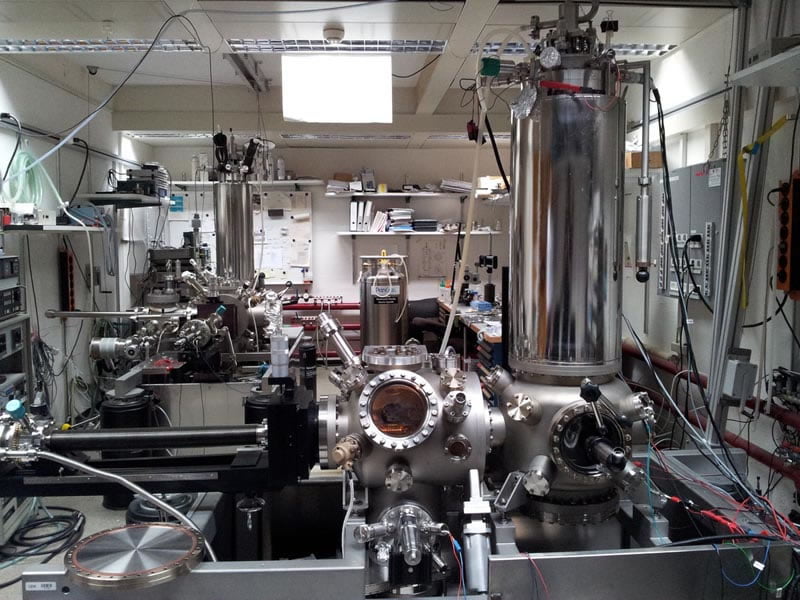The Government’s proposed 1.5 per cent cut to its R&D tax rebate has passed the House of Representatives, but hopes remain among the measure’s many opponents that it will be defeated in the Senate.
It did not pass the upper house before the pollies set off for their winter break, but it will be on the agenda when they return in August.
The ALP and Greens have indicated they will oppose the move, called the Tax and Superannuation Laws Amendment Bill (Number 3), which means its fate rests with the cross-benches. They are being heavily lobbied by industry to keep the R&D tax breaks as they are.

If passed, the reduced R&D incentives will save the Government $1.8 billion over five years, which assistant Treasurer Josh Frydenberg has described as a “significant contribution to the budget’s bottom line.” But many have pointed out that the measure could well cost more than it saves, by reducing investment and therefore growth.
The cut in the rebate was originally tied to the 1.5 per cent cut in business taxation, but even though that measure has been shelved – except for small business – the commensurate cut in the rebate has not. To make matters worse, the Government is proposing that the changes be retrospective, denying rebates to companies that have already made investment decisions based on them.
Particularly vocal about the short-sightedness of the rebate cut has been the Australian Information Industry Association (AIIA). CEO Suzanne Campbell, whose term finishes at the end of the year, says the move runs counters the global trend to increase R&D investment as a way to boost economic growth and jobs.
“Hong Kong, Singapore, Italy, and France have all increased R&D incentives in recent years. Faced with a reduction in support by Australia and increased support in other countries, the Australian Government risks losing R&D business operations and investment to offshore competitors,” Campbell says in a letter to the cross-bench senators.
Australian Bureau of Statistics data reveals that current business spending in R&D in Australia is relatively low, and that any reduction in the R&D tax incentive will make it worse.
“Given the Government’s recent tax discussion paper includes a question on the R&D tax incentive and how to best support innovation, the bill is particularly ill timed,” the AIIA says. “Any changes to the R&D tax incentive should be undertaken through a systematic approach in the context of a whole of government tax and innovation system reform.”
The Government’s intention to cut the rebate sits strangely with Communication Minister Malcolm Turnbull’s talk to CEDA in June in which he talked about the necessity for Australia to become an innovation economy.
In his talk Turnbull also spoke of the desirability of getting schoolchildren coding, a move also supported by Opposition Leader Bill Shorten. Tony Abbott’s response was to ridicule Shorten. “He wants primary school kids to be taught coding so they can get the jobs of the future. Does he want to send them all out to work at the age of 11?”
Well, no Tony, not any more than teaching them reading in primary school will do the same. This is a government of mixed messages and mixed action. But there is a deep undercurrent of mistrust of science and technology, and a profound ignorance of its importance.
On top of the cuts to the R&D rebate we have the cuts to the CSIRO’s budget, and the defunding of NICTA. It is not a pretty picture, and not one that engenders confidence in the realisation of Turnbull’s dream of Australia becoming a country of innovation.
It’s now a quarter of a century since Prime Minister Bob Hawke’s ‘clever country’ speech in the 1990 election campaign. Listen to his words now:
“No longer content to be just the lucky country, Australia must become the clever country.
“In this national task of mobilising our human resources, our scientists and researchers stand at the forefront. Australia must reduce its reliance on imported technology and borrowed research. We must become a leader in the production and export of ideas.”
What on earth have we been doing for the last 25 years? Today’s university graduates were not even born when Hawke made that speech. What will we tell the next generation? What jobs await them?
It is a mark of our failure that the very term ‘clever country’ is now used most often in jest, or ironically.
Do you know more? Contact James Riley via Email.

